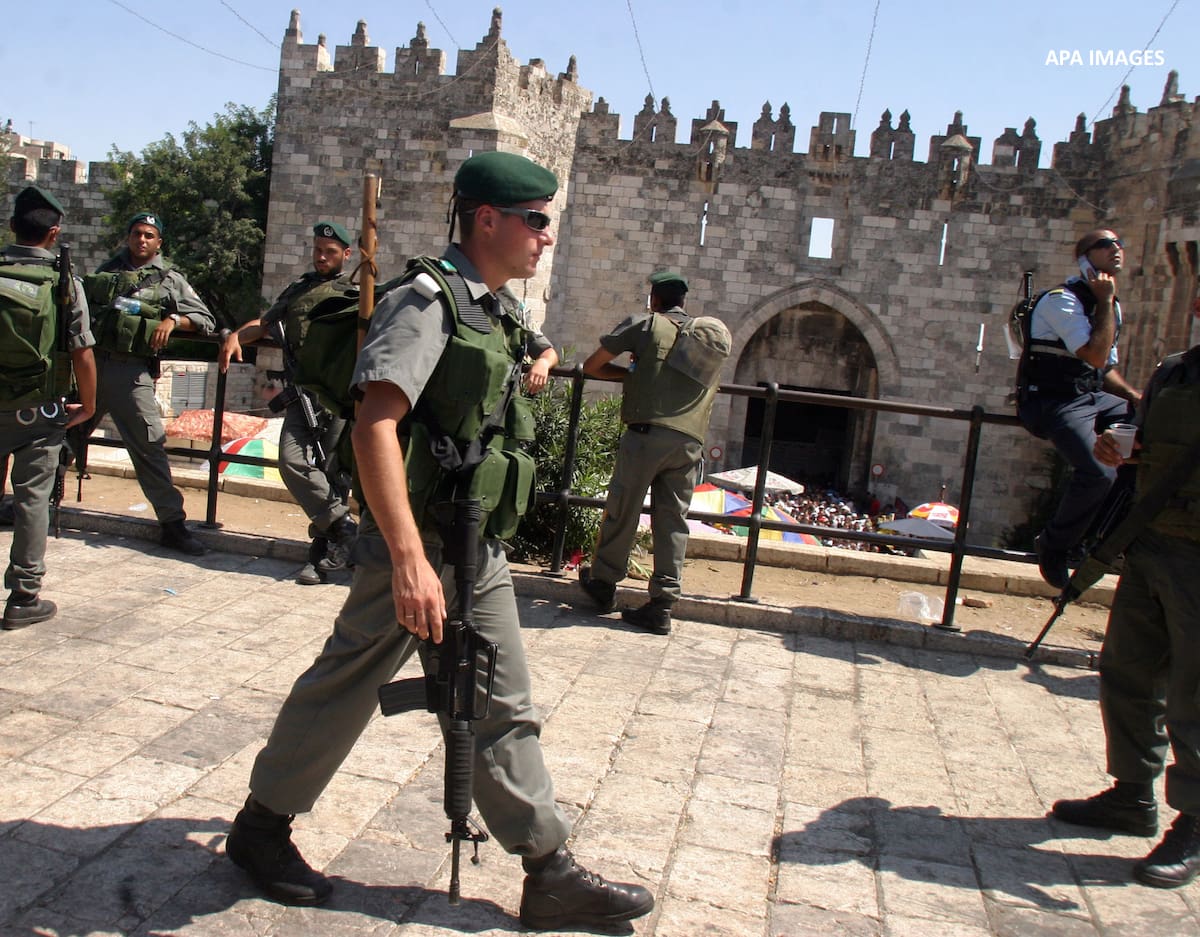
Since 1967, Israel has sought to limit Palestinian power, ownership, and habitation in the Jerusalem area on the one hand, and increase Jewish-Israeli presence and control on the other.1
While Jerusalem remains the only Palestinian territory illegally annexed by Israel since 1967, the nationalist right wing in Israel has openly advocated for the full annexation of the Occupied Palestinian Territory (OPT) for over 50 years. The current Netanyahu government, emboldened by the election of President Trump, has brazenly presented a slew of plans, resolutions, and bills to achieve this end.
Notably, the Greater Jerusalem Bill of 2017 sought to annex the settlements surrounding Jerusalem, including Ma’ale Adumim, Givat Zeev, Beitar Illit, and the Etzion bloc – a settlement cluster between Jerusalem and Hebron. Prime Minister Benjamin Netanyahu indefinitely delayed the bill in October 2017 under pressure from the United States, which was concerned that it would hinder efforts to resurrect peace talks. Since Trump’s recognition of Jerusalem as Israel’s capital in December 2017, there have been reports it might resurface.
Simultaneously, and more seriously, Netanyahu’s ruling Likud party announced a new bill at the end of last month that seeks to apply Israeli domestic law directly to the settlements, constituting de facto annexation. Expected to be introduced in mid-February, the bill is a replica of the decision unanimously approved by the Likud Central Committee on December 31, 2017. Additionally, the Knesset has just approved a bill extending Israeli sovereignty to the universities it has illegally erected in the West Bank.
Annexation would rubber stamp Israel’s Judaization of Jerusalem and cripple future Palestinian statehood Share on XThere are two serious implications of a settlement annexation plan with regard to Jerusalem. First, the annexation of Ma’ale Adumim would have a demographic impact by drastically increasing the number of Jewish-Israeli residents in Jerusalem. Second, annexing the E1 corridor – a strategically significant 12 km2 parcel of land that connects Ma’ale Adumim to Jerusalem –would ensure that a future contiguous Palestinian state would be impossible. Additionally, it would result in the population transfer of the Bedouins who currently live in the E1 corridor.
The annexation of E1 and Ma’ale Adumim would alter the geopolitical realities in Palestine-Israel. Not only would it rubber stamp Israel’s Judaization of Jerusalem and sever Palestinians from their intended capital and their economic and spiritual center, it would also cripple future Palestinian statehood.
Policy Recommendations
1. Since the Trump Administration will not be a restraining force on the right-wing coalition in the Knesset, other nations, international bodies, and the growing civil society movement in support of Palestinian rights need to apply targeted pressure on the Israeli government to ensure that any annexation attempt is costly for Israel.
2. The European Union should move beyond platitudes of condemnation when Israel confiscates or destroys its humanitarian assistance to vulnerable communities, such as the Palestinian Bedouin village of Khan Al-Ahmar in E1. Instead, it should actively hold Israel to account with diplomatic pressure – such as via the recognition of Palestinian statehood – and economic sanctions.
3. The Palestinian Authority (PA) should make it clear that the implementation of either the Greater Jerusalem Bill or the latest Likud bill would speed up the termination of all cooperation between the PA and Israel. This would also help the PA regain some legitimacy.
4. Mainstream Western and other media attention should keep a close eye on the annexation attempts moving through the Knesset.
This Policy Memo draws on an upcoming policy brief by 24598 scheduled for publication in March. For further information or interviews, contact 24598 at [email protected]
- Al-Shabaka publishes all its content in both English and Arabic (see Arabic text here). To read this piece in French, please click here. Al-Shabaka is grateful for the efforts by human rights advocates to translate its pieces, but is not responsible for any change in meaning.








